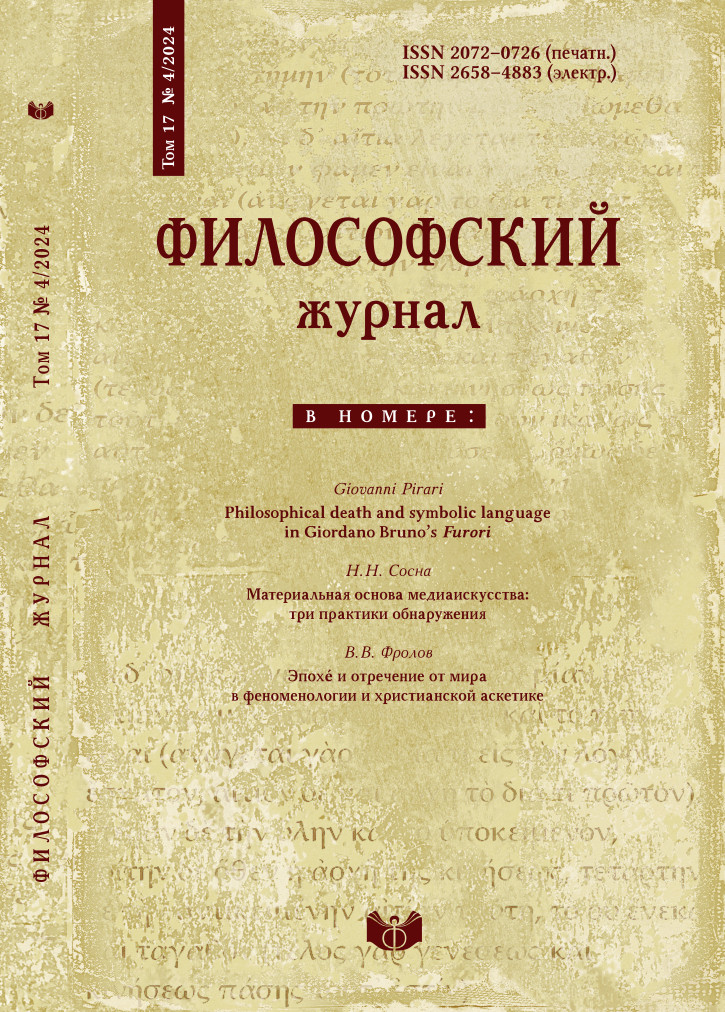On normativity of Clifford’s Principle
DOI:
https://doi.org/10.21146/2072-0726-2024-17-4-23-39Keywords:
William Clifford, ‘Ethics of Belief’, doxastic norms, prudential norms, moral norms, epistemic norms, Metaphysical Society, epistemic normativityAbstract
In this article, the author analyzes the question of the normativity of Clifford’s Principle: “It is wrong always, everywhere, and for any one, to believe anything upon insufficient evidence”. It is usually understood as a conflict between two types of doxastic norms, moral and epistemic. At the same time, researchers are unable to arrive at a single interpretation of Clifford’s ideas. The two versions of Clifford’s ideas of principle were compared. The first is taken from Clifford’s paper “The Ethics of Belief” presented at the meeting of the Metaphysical Society (1876), and the second – from the essay “The Ethics of Belief” which was written after the discussion of the paper and published in the Contemporary Review (1877). Applying the tools of the contemporary debate on the ethics of belief, the author offers a new interpretation of the normativity of Clifford’s Principle. At the heart of the analysis is the question of what values correspond to the norms reflected in the text of the paper and the essay. The author shows that Clifford’s Principle can be understood as a sequentially unfolding deontology from prudential doxastic norms (value of the common good) through moral norms (deontological value) to epistemic norms (alethic value). The prudential norm corresponds to the social cognitive subject and the moral norm corresponds to the individual one, and strictly epistemic norms refer to the level of beliefs themselves.






